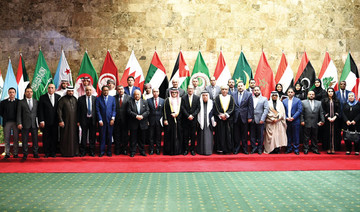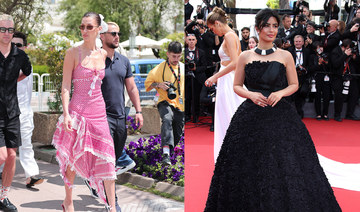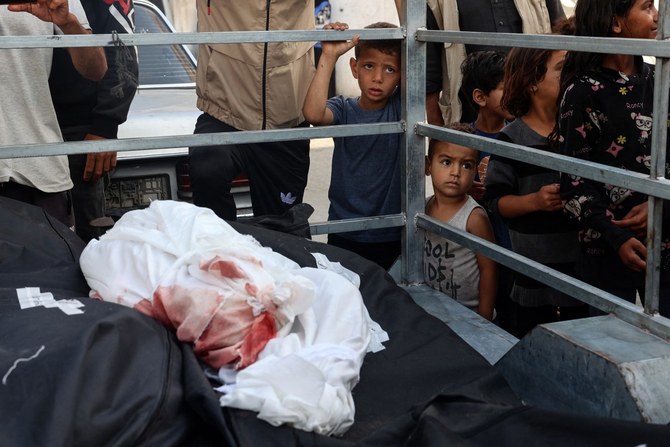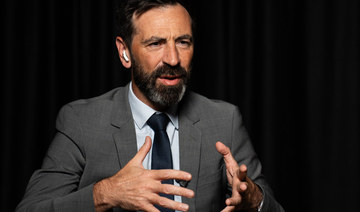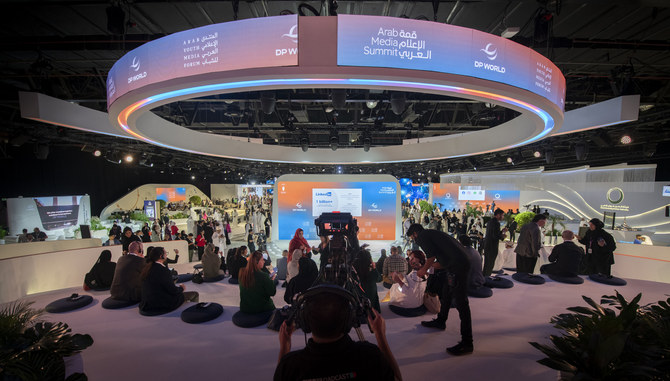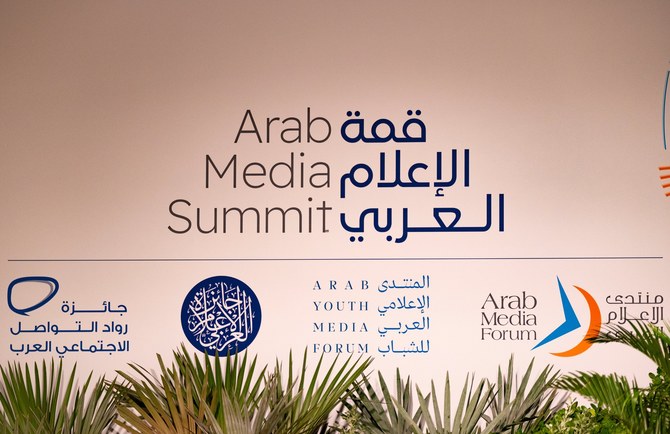DUBAI: American foreign policy remains consistent regardless of the sitting president, and no major strategic shifts should be expected with a new administration, political experts told attendees at the Arab Media Forum in Dubai on Tuesday.
While American elections every four years bring new faces to the forefront, this cycle features familiar candidates, with current Democratic President Joe Biden running for re-election against former Republican President Donald J. Trump.
Dr. Mohammed Al-Rumaihi, a political science professor at Kuwait University, emphasized that America’s actions are driven by its own interests, regardless of the president’s party affiliation.
“We are talking about America, a dominant power with a system that has not changed much throughout its history. We can disagree with it, but we should not make enemies out of it,” Al-Rumaihi said.
“We foster great economic relations with China and Russia, but our weaponry and defense in the region are American-made.”
Al-Rumaihi echoed Saudi diplomat Prince Bandar bin Sultan’s sentiment that “America’s enemies must fear America, but America’s friends must fear it more,” highlighting the Arab world’s political animosity toward US foreign policy due to perceived double standards.
Dr. Raghida Dergham, columnist and executive chairperson of the Beirut Institute, suggested that Biden’s handling of the Gaza situation could have electoral repercussions.
“Biden’s approach on Gaza will no doubt affect his votes. His double standards are glaring. Both running presidents are aware of this as we see them trying to rally the state of Michigan, which has a large Arab base that can affect the votes. And while Washington has a massive impact on the region, we are now seeing (its) different approach as to how the Gulf reacts to it,” she said.
Dergham underscored Saudi Arabia’s firm stance on Gaza and the future creation of a Palestinian state.
She urged other Gulf countries to follow Crown Prince Mohammed bin Salman’s “bold and brave attitude” to pressure US and Israeli diplomatic and security strategies.
“I believe (the) relationship between America and the Gulf will remain stable, however we wish for a president that doesn’t view Arabs solely through the Iranian and Israeli prism.”
Dergham, citing Egyptian journalist Abdel Latif El Menawy, attributed the region’s current tensions to American policies since former President Barack Obama, which left a power vacuum.
“I would still like to say we are not the enemies of the American people; we are in disagreement of their foreign policy however,” she continued.
“We have been brought up with the notion that America’s stance remains unwavering, but that changed when Trump came into power with his character and policies. With what is currently taking place in Gaza, I don’t think Washington can continue to depend on the states it did before.”
The war in Gaza is a major focus of the three-day event in Dubai.
On Tuesday, a panel titled “Palestine through the lens of Arab media” explored the role of media in covering the Palestinian cause amid the ongoing conflict in Gaza.
The humanitarian situation in Gaza is also expected to be a central topic in other sessions, including those featuring Ahmed Awad bin Mubarak, prime minister of Yemen; Jasem Albudaiwi, secretary-general of the Gulf Cooperation Council; and Egyptian comedian and media personality Bassem Youssef, who has been a vocal critic on the international stage since conflict broke out Oct. 7.



